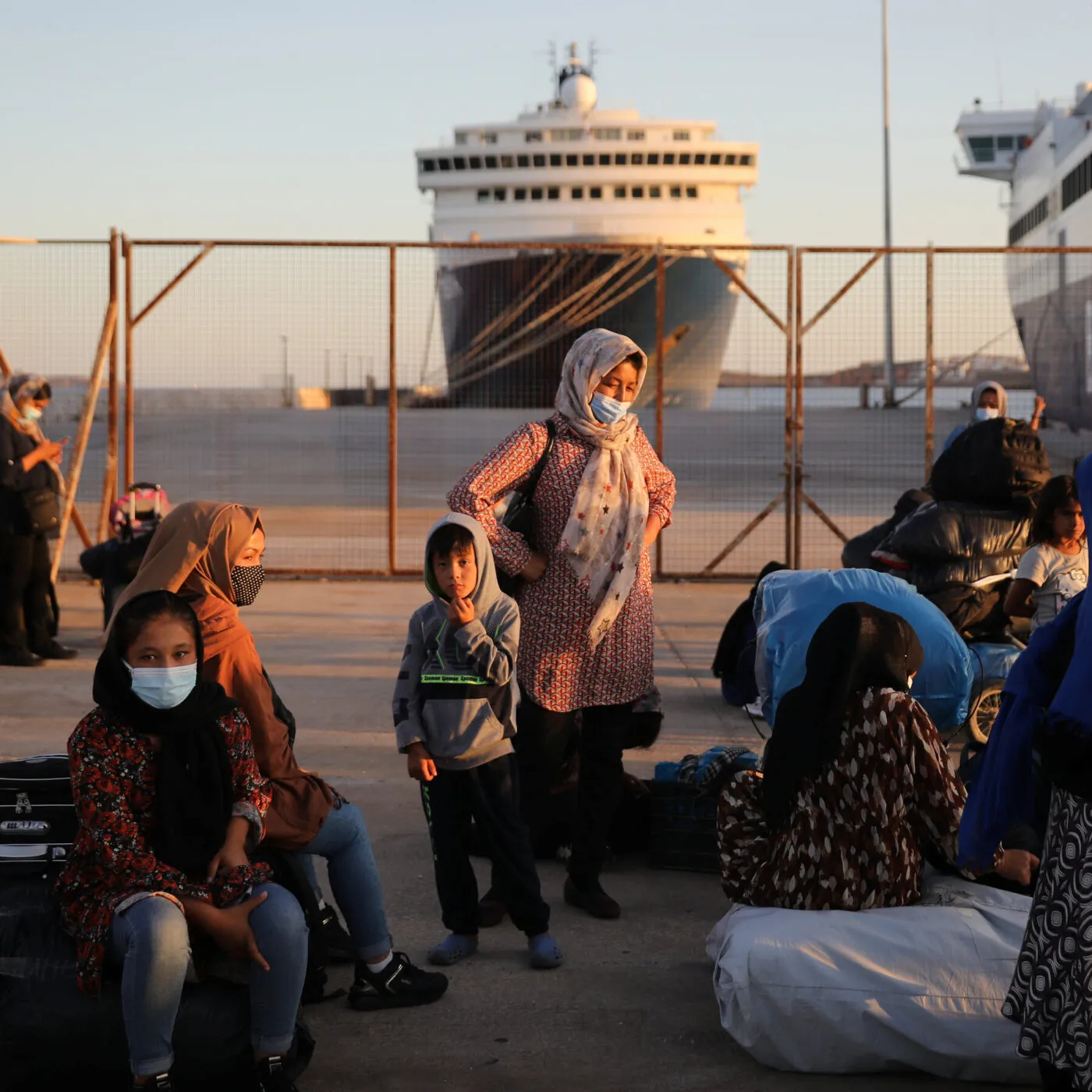U.S. refugee policy has undergone many changes over time, reflecting shifts in political, social, and economic perspectives. Built on core values of humanity, protection, and human rights, this policy aims to provide support for those fleeing violence, war, and oppression. In this article, we will examine the key aspects of U.S. refugee policy, the challenges the government faces, and predictions for the future.
1. Definition and Application Process
A refugee is defined as an individual who cannot return to their home country due to a well-founded fear of persecution based on race, religion, nationality, social group membership, or political opinion. To apply for refugee status in the U.S., applicants must demonstrate a legitimate reason to fear returning to their home country. The refugee application process typically involves steps such as submitting an application, interviewing with officials from the U.S. Citizenship and Immigration Services (USCIS), and potentially undergoing judicial review if the application is denied.
2. Changes in Refugee Policy
In recent years, U.S. refugee policy has seen significant changes. Under the administration of former President Donald Trump, the policy became stricter with measures such as limiting the number of refugees accepted annually and requiring asylum seekers to remain in safe third countries before being considered for admission to the U.S. In contrast, the administration of President Joe Biden has committed to reinstating regulations that respect the rights of refugees and enhancing support for these individuals.
3. Number of Refugees
The U.S. has historically been one of the countries accepting the most refugees worldwide. However, in recent years, the number of refugees accepted has significantly decreased. In 2021, the Biden administration aimed to accept 125,000 refugees, but in reality, this target has not been met due to various factors such as the COVID-19 pandemic and issues related to application processing.
4. Challenges in Accepting Refugees
One of the biggest challenges the U.S. government faces in accepting refugees is opposition from segments of the public and some politicians. Many are concerned that accepting refugees will place pressure on the social welfare system, create security issues, and increase competition for jobs. These concerns have led to societal divisions regarding how the government should handle refugee issues.
5. Support for Refugees
The U.S. has various support programs designed to help refugees integrate into society. Non-governmental organizations and community groups regularly provide financial, medical, and educational support for newcomers. The government also has several job training programs aimed at helping refugees find employment and become self-sufficient.
6. Legal Issues
Many refugees face legal challenges during the application process, including finding attorneys and understanding the complex legal procedures. Non-profit organizations and attorneys often provide free or low-cost services to assist refugees in preparing applications and participating in court hearings.
7. The Future of Refugee Policy
Predictions for the future of refugee policy in the U.S. remain uncertain. Experts suggest that in the current political climate, the government may continue to struggle to reach consensus on this issue. However, many hope that with increasing awareness of refugees’ rights, policies will improve in a more humane direction.
8. Global Impact
U.S. refugee policy not only affects individuals seeking protection within its borders but also impacts other countries. When the U.S. demonstrates a commitment to refugees, it can encourage other nations to follow suit. Conversely, if the U.S. restricts its refugee policy, it may lead to an increase in refugee situations in neighboring countries.
9. Conclusion
U.S. refugee policy in 2024 reflects the challenges and opportunities the nation faces. Building a fair, humane, and effective refugee policy is crucial for protecting the rights of those fleeing violence and oppression. Government, organizational, and community support is essential for helping refugees integrate and contribute to American society.
It is hoped that with reform efforts and a commitment to protecting refugees’ rights, U.S. refugee policy will continue to progress and meet the needs of those seeking protection and a better future.



